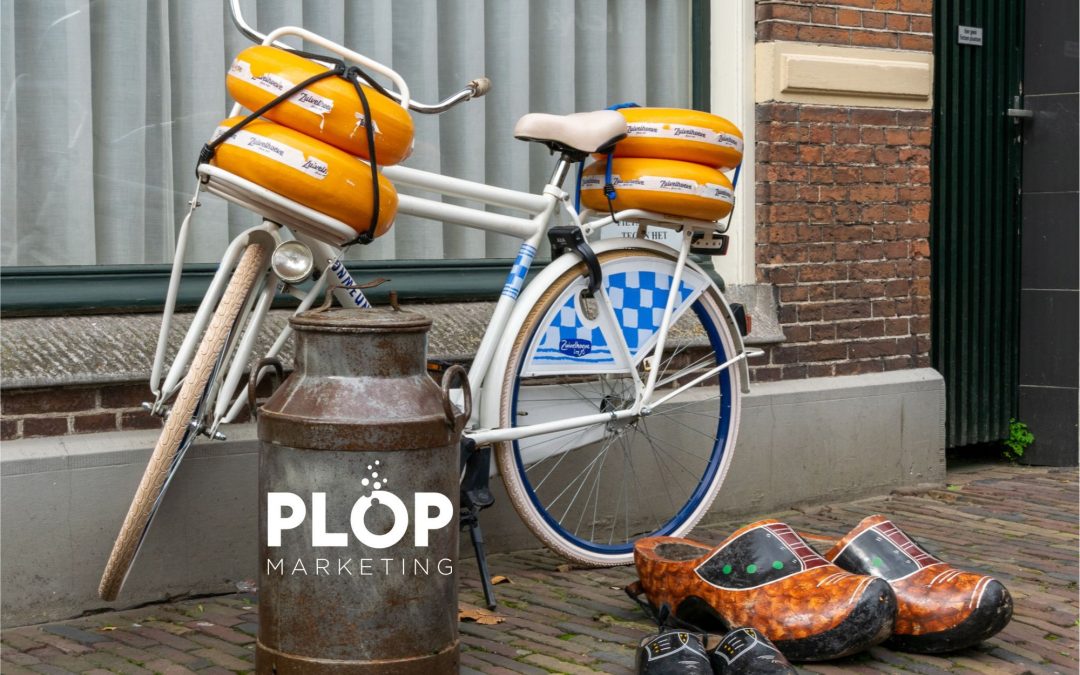Quality communication is essential to any international business partnership. And whether you are speaking Dutch or English, you want your success to do the talking. We hear you thinking: How hard can that be with one of the most bilingual colleagues you can wish for? Well, as you might know, the Dutch language has a lot of loanwords from the English. Nothing wrong with that, but when they start to give their own meaning to those words, things might go sideways. Pseudo-Anglicisms, is what they're called. Therefore, for both parties concerned, weighing your words may be more important than you think. Especially when one weighs in pounds, and the other in grams.
According to German linguist and literature scientist are a kind of loanwords where the source is the so-called donor language – English in this case. But the meaning is created in the realm of the recipient language. Pseudo-Anglicist words will be universally accepted in the Dutch language, because their culture gave an inherent meaning to the term, but when the donating culture comes to visit, these seemingly domestic words can cause some huge miscommunications. It's like knowing how to drive a car, but don't know that you should drive on the right side of the road instead of the left. So, be on the lookout for these words and never fail to communicate in the Netherlands.
You fancy light products?
Light is in every way an English word, but when a Dutchman uses it, he might leave you shooting in the dark on what he meant exactly. Well, let us enlighten you. Light carries the same meaning as English diet products. So, no diet coke, but a coke light. Even though your Dutch partner will think he perfectly adjusts to the language barrier and your healthy food choices, this little nuance can make a big difference.
Don't get beamed up
This word will be more familiar in a business environment. Ever looked at your Dutch colleague like he's from outer space when he talked about giving a presentation with a beamer? Like you're getting beamed up from a UFO to conduct to alien research. So, what is this Unidentified Office Object? Again, there's nothing Dutch about the word beamer. It's borrowed from the English language. In the meanwhile, no English businessperson uses this word when they're asking whether the presentation room contains a projector.
Know your bicycles
Name a more iconic duo than the Dutch and their bicycles. This ‘fiets' fetish is inevitable when you're visiting the country. To not upset the Dutch, just act like you love bicycles as much as they do. In addition, it might be handy to know your bicycles. You got your ordinary grandma and grandpa bike, and more special editions like the tandem. But sometimes, when your colleague is talking about his fitness goals, he may mention his hometrainer. What? There's not even the word bike in that one! Well, it is also not to get from point A to B. The English will be more familiar with the stationary bike, or the exercise/spinning bike. It takes some time to come accustomed to the Dutch manners, but as soon as you get the hand of it it's just like… riding a bike.
Remembering old-times
Let's say your Dutch friend tells a story like this. "My dear friend, a real old-timer, ran her last mile. We tried our best to get her going for another year, but there was no use. But, we had a really memorable goodbye, which you can't tell anyone about, because it's illegal. I took her chairs to keep in my garage, went to a mountain nearby my house and drove her off the cliff." Of course, you would be shocked. Did this person just kill his old friend? Since an old-timer in English means an old and long-serving person. But, as you might realize right about now, for the Dutch an old-timer – again, English as it gets – means just an antique car. Still a little sketchy to drive an old car off a cliff, but at least no one died.
And no one will die when these silly linguistical twists cause minor misunderstandings. Nevertheless, it certainly helps to know where the small pitfalls are in these entangled languages. Loanwords are beautifully enriching to another's native tongue, but out of pride the donating language may never expect that their own words were given a meaning that doesn't even exist in their own speech.
Conclusively, what does this mean for content creation? Do you choose words that are inherent to your own language, or do you succumb to the pseudo-Anglicism of the country you're trying to do business with? We can answer that in an English word that the Dutch love to use! Let's just hope it means the same in both languages, right? Let's have a chat and open the door to the best of both worlds of valuable marketing content.



